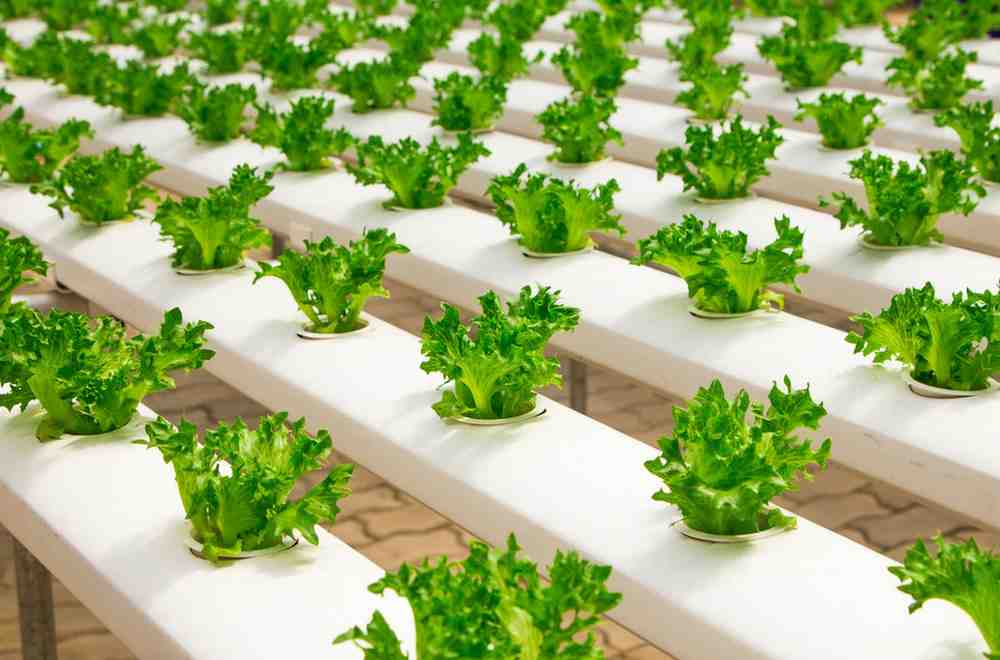Cultivate Green Bliss: WizHob’s Online Organic Farming Classes Unveiled
In the contemporary world, the shift towards sustainable living and the desire to connect with nature
has sparked a renewed interest in organic farming and gardening. Organic Farming Classes with Wizhob Let’s embark on a journey of exploration into the realm of WizHob’s courses, discovering
how organic farming, coupled with gardening wisdom, can not only beautify your home but also
foster a deeper connection with the Earth.
The Organic Farming Revolution:
Organic farming is more than just a method; it’s a philosophy that prioritises harmony with nature,
eschewing synthetic chemicals in favour of natural processes. WizHob’s online organic farming
classes encapsulate this ethos, offering learners an opportunity to delve into the principles of
sustainable agriculture, crop rotation, composting, and more. With courses ranging from short-term
intensives to extensive long-term programs, WizHob ensures that individuals at every level can
participate in the organic farming revolution.
Diversity in Organic Farming Courses:
WizHob takes pride in curating a collection of online organic farming classes from different tutors,
each bringing their unique expertise to the platform. Whether you’re a beginner looking to
understand the basics of organic cultivation or an experienced farmer seeking advanced techniques,
WizHob’s courses cater to a diverse audience. Explore the various classes to find the perfect fit for
your learning journey.
Greening Your Space: Beautify Your Home with Gardening:
Gardening is not merely a hobby; it’s a transformative practice that breathes life into your
surroundings. WizHob recognises the therapeutic benefits of gardening and has integrated courses
that go beyond traditional farming. These gardening classes are designed to help you beautify your
home, creating lush green spaces that evoke tranquillity and natural beauty.
Home Gardening as an Art Form:
WizHob’s online gardening classes explore gardening as an art form, guiding you through the
aesthetics of plant placement, colour schemes, and landscape design. Whether you have a sprawling
backyard or a cosy balcony, these classes provide insights into turning your space into a vibrant,
visually appealing oasis. Unleash your creativity as you learn to combine various plants, flowers, and
herbs to craft a personalised masterpiece.
Sustainable Living Starts at Home:
Beyond the aesthetic allure, gardening fosters sustainable living. WizHob’s courses shed light on eco-
friendly practices, encouraging the use of organic fertilisers, rainwater harvesting, and mindful
consumption. As you cultivate your home garden, you contribute to a sustainable lifestyle, reducing
your ecological footprint and promoting a healthier planet.
Choosing Your Green Path:
WizHob’s user-friendly interface makes selecting the right organic farming or gardening class aseamless experience. Consider factors like course duration, instructor profiles, and user reviews tomake an informed decision. Whether you’re a budding enthusiast or a seasoned green thumb,WizHob ensures that your chosen path aligns seamlessly with your aspirations.
Embark on Your Green Journey with WizHob:
As you step into the realm of WizHob’s online organic farming and gardening classes, you’re not just
learning; you’re becoming a steward of the Earth. Embrace sustainable agriculture principles, explore
the artistic nuances of gardening, and let WizHob be your guide in cultivating green bliss. Your
journey towards a greener, more harmonious lifestyle begins now!
Conclusion: Sow, Grow, and Glow:
In the world of WizHob’s online organic farming and gardening classes, you’re not just planting
seeds; you’re sowing the foundations of a more sustainable, beautiful future. Discover the joy of
cultivating your food, beautifying your home, and connecting with nature on a deeper level. With
WizHob as your companion, let your green journey unfold – where cultivation meets creativity, and
every bloom tells a sustainable living story.





